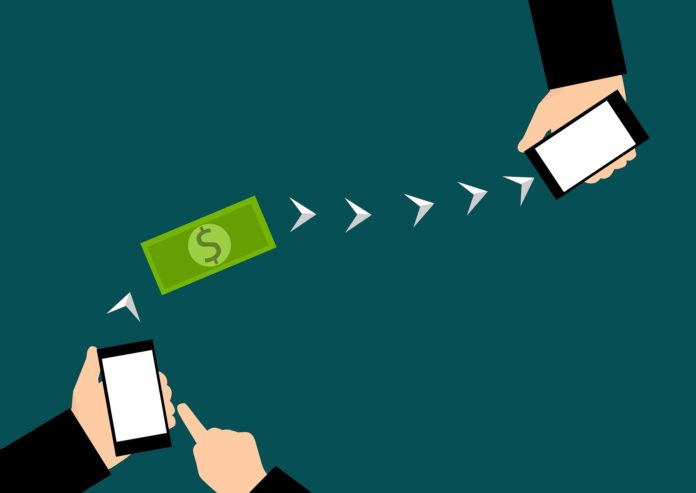More people are skipping bank lines and saving time by sending, requesting and receiving money by e-transfer. While it is convenient to do these transactions online, Better Business Bureau is warning consumers to be cautious when it comes to their financial information and protecting their hard-earned cash.
Consumers can protect themselves with these tips from the BBB:
- Provide accurate information. When sending an e-transfer make sure the email address being entered is accurate and do not use a security question and answer that is guessable.
- Passwords should be known only by the sender and the recipient. Avoid using passwords that are easy to guess like names, birth dates, home address, places of employment, etc. Do not include the password in the message that is sent with the transfer or send it by email to the recipient.
- Set up auto-deposit. This allows money to be automatically deposited into your account without having to enter a password. Once the money has been transferred to your account you’ll be notified. With auto-deposit, funds cannot be intercepted by a third party.
- Read the agreement. As an account and card holder consumers are encouraged to read and understand the terms of the agreement. This information is provided by your bank and outlines your commitments.
- Sign up for fraud alerts. Some banks allow consumers to sign up to receive alerts on suspicious activities made on their account.
- Be aware. The BBB provides tips on how to identify and avoid fraud. You can visit us online at bbb.org.
For more tips you can trust, visit bbb.org.









